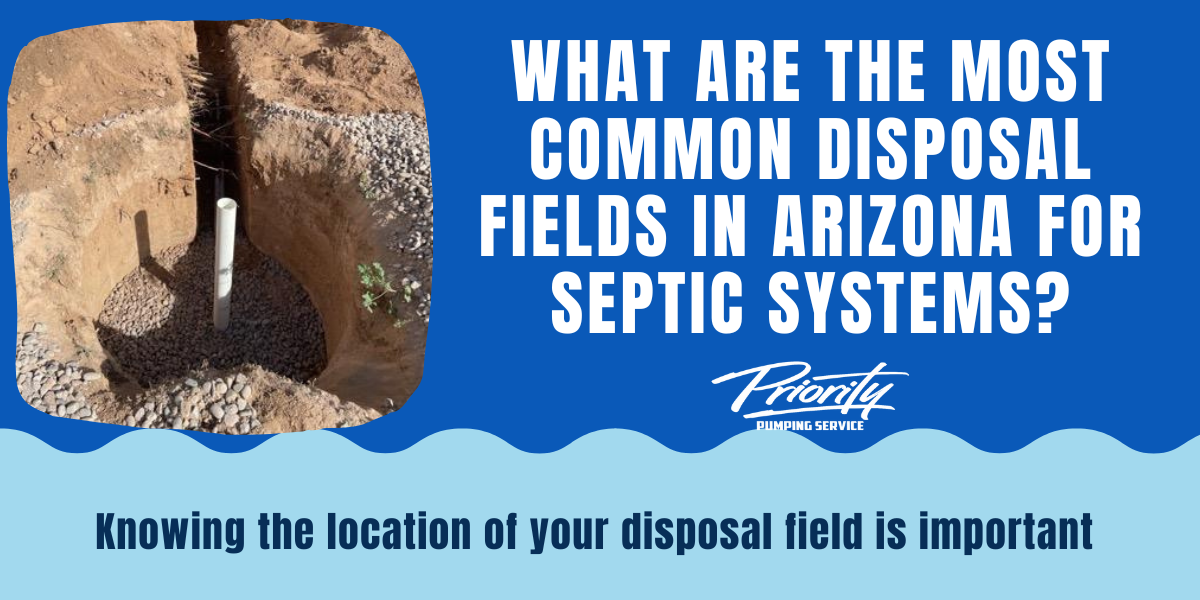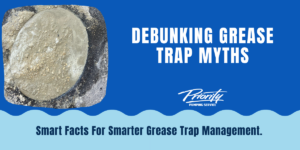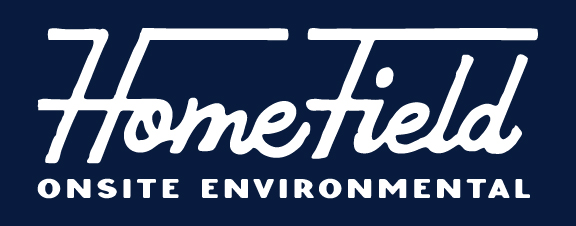What are the Most Common Disposal Fields in Arizona for Septic Systems?
In the heart of Arizona, various types of septic fields play an essential role in managing wastewater for countless homes and commercial buildings. Did you know approximately 20% of homes in Maricopa County and about 35% of homes in Pinal County rely on their own septic system? Yep, even in places like downtown Mesa, Phoenix, Scottsdale, and Gilbert septic disposal fields Arizona play a crucial role.
With varying terrains, soil types, and environmental considerations, there are multiple types of conventional disposal fields in Arizona. In this article, we will explore the most common fields in Arizona, including seepage pits, leach lines, chamber fields, and leach beds. We will also touch upon advanced treatment fields for specialized needs and discuss how each system contributes to effective wastewater management.
Seepage pits are deep, vertical excavations filled with aggregate rock and perforated sewer pipe. They handle effluent or partially treated wastewater, allowing it to seep into the surrounding soil. The US EPA has some really good information and diagrams on their website as well to touch off of what we have covered here.
Pros:
- Suitable for properties with limited horizontal space.
- Deep seepage helps in cases where the groundwater table is low.
Cons:
- May require regular maintenance to prevent clogging.
- Not always the best choice for areas with dense soils.
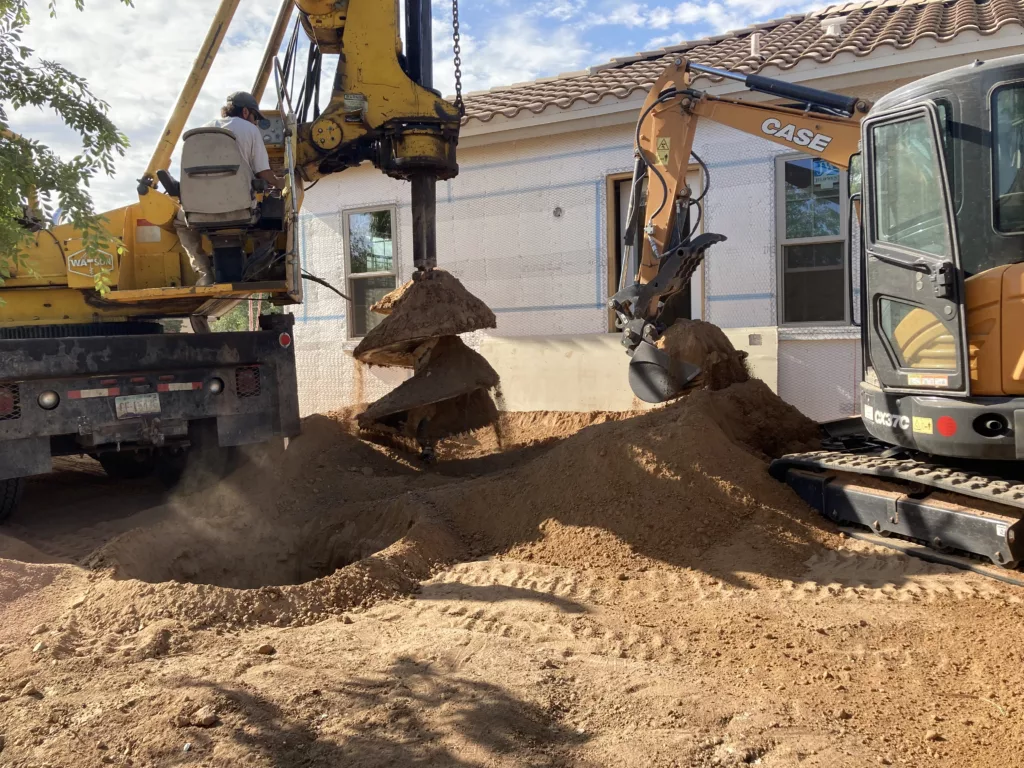
Leach Lines or Rock Trenches
Leach lines, also known as lateral lines, are essentially trenches filled with gravel and lined with perforated pipes. These trenches, in turn, allow for the effective distribution of wastewater. Additionally, the gravel and perforated pipes work together to filter and distribute the water evenly. As a result, this system helps maintain proper drainage and prevents clogs, making sure your septic system functions efficiently.
Pros:
- Distributes wastewater evenly.
- Suitable for properties with expansive space.
- Has a long life
Cons:
- Could clog over time, requiring maintenance.
- Can take up a large area of the property and making it useless.
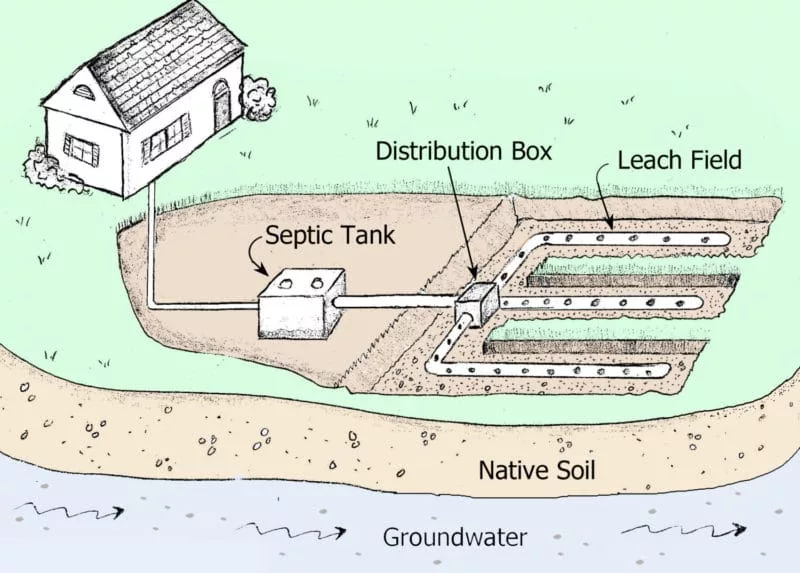
Chamber Fields
In contrast to traditional gravel and pipe systems, chamber fields utilize plastic chambers for wastewater dispersal These chambers create a designated space where wastewater can be briefly stored, allowing it to percolate into the soil effectively. This innovative approach enhances wastewater management by improving storage capacity and aiding efficient soil absorption.
Pros:
- Reduced gravel requirement, which can be cost-effective.
- Efficient wastewater distribution.
Cons:
- Proper installation is crucial to prevent system failures.
- Might require more extensive excavation.
